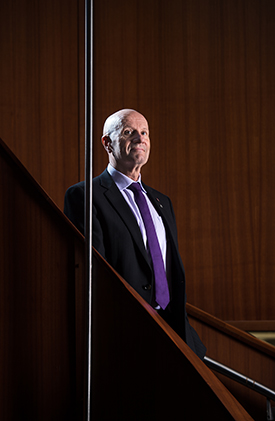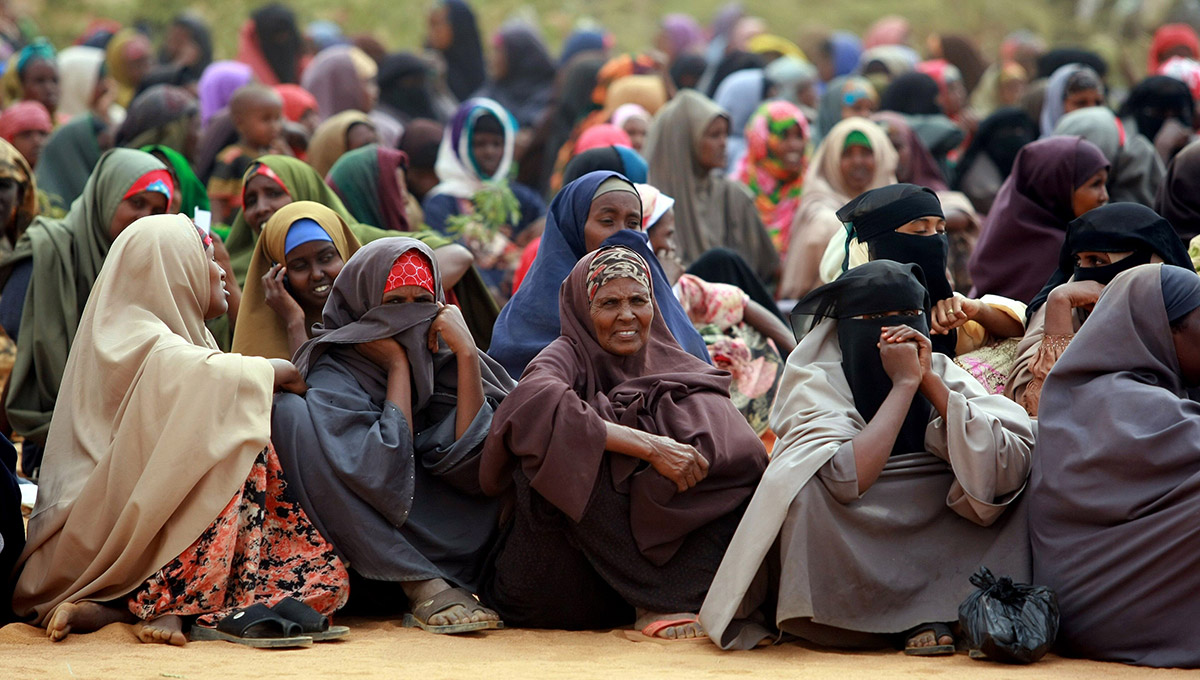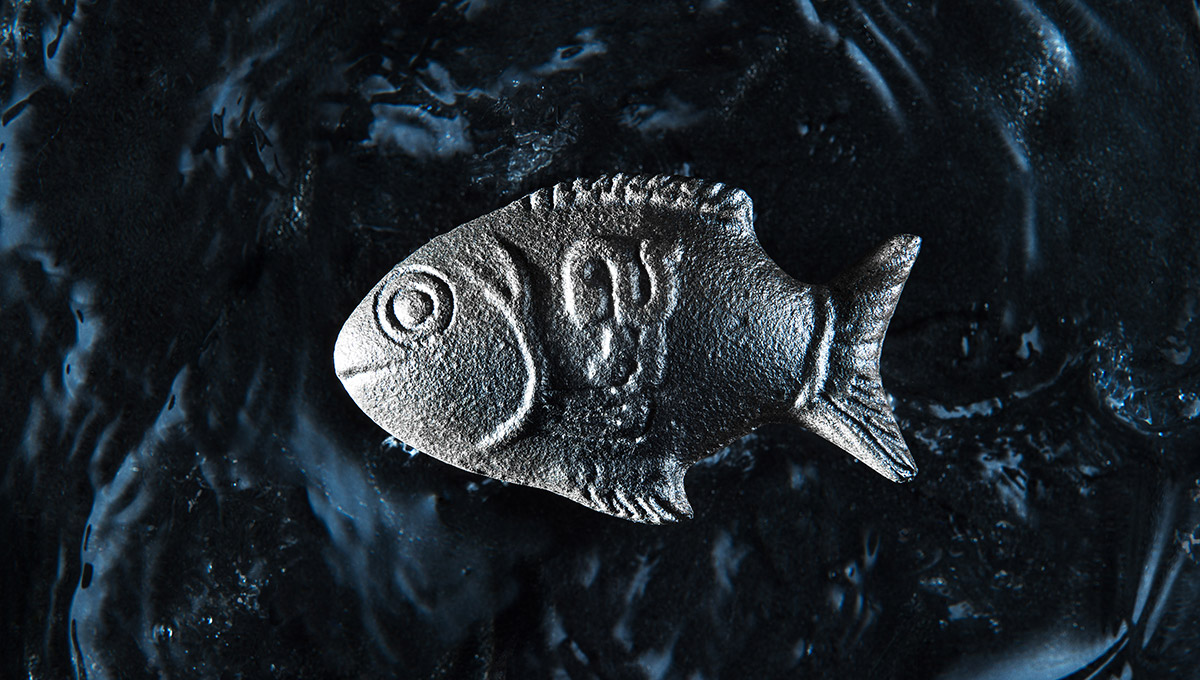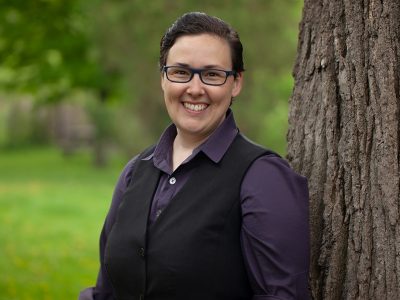By Tyrone Burke
Photos by Luther Caverly
A lone silhouette materializes on a dusty horizon, the weight of a shattered life on his back.
Then a second. And a third . . .
They’re striding desperately – inexorably – toward the Dadaab refugee camp, in northeastern Kenya. Among Earth’s most hopeless places, for decades it has offered at least some respite from war, famine and strife bedeviling east Africa.
 Each of its 250,000 residents has a story, and few will have happy endings. Most will eventually return to the unstable political situations that drove them here. A lucky few will be resettled to western countries. Children scarcely stand a chance. For girls, the odds are even worse.
Each of its 250,000 residents has a story, and few will have happy endings. Most will eventually return to the unstable political situations that drove them here. A lucky few will be resettled to western countries. Children scarcely stand a chance. For girls, the odds are even worse.
While taking stock of a struggling World University Service of Canada scholarship program, Carleton’s Interim President Alastair Summerlee visited Kenya’s Dadaab and Kakuma refugee camps. The program sponsored promising students’ studies in Canada, with a path to citizenship. But scholarship recipients were overwhelmingly male and, when he visited, Summerlee saw why.
“It was startling to realize many girls were expected to find firewood and collect water,” Summerlee says.
“Even if families allowed them to go to school, they had to make up the time they’re not collecting firewood.”
Without electricity, they couldn’t study after sunset.
“I simply said: ‘We need to establish a solar lamp program.’ I came home with the idea to raise $10,000 for solar lamps. We’d call it Shine a Light.”

Shine a Light Burns Bright
Bright idea, but would it work?
“Several years later, I went back, and was stunned to find the number of girls in school had gone up, the number of girls winning scholarships had gone up. I remember saying: ‘What happened?’ They looked at me as if I was completely mad, and said, the solar lamp program. I had no idea it might have that impact.”
Shine a Light went from raising $10,000 to $100,000. The United Kingdom stepped up with £25 million and the Canadian International Development Agency put in $5 million.
Shine a Light has since branched out, supporting girls and women with scholarships for high school and university. Its lamps have become ubiquitous in the camps.
“In satellite images of Africa at night, the continent is mostly black, but they joke there are so many solar lights they can be seen from space.”
Big problem. Simple solution. And so it was with Lucky Iron Fish.

A Lucky Iron Fish
When Chris Charles travelled through Cambodia before beginning his graduate studies under Summerlee’s supervision at the University of Guelph, something troubled him. Iron deficiency was holding the country back, a global problem NGOs had sought to solve for decades.
“We can give people iron pills,” Summerlee says, “but they have nasty side effects. If you live in a rural setting, in a developing country . . . and you don’t understand the condition . . . and you don’t understand why you feel faint . . . but you know the pills make you sick, you choose to feel faint rather than sick. People don’t take them. Once an iron-deficient mother gives birth to an iron-deficient baby, their growth will be permanently stunted. More importantly, their mental development is stunted. It dooms people to poverty.
“There’s an ancient Chinese observation that if you cook in an iron pot, you’re stronger,” Summerlee says.
“Iron goes into the food. Of course, you don’t know exactly how much iron, so (Charles) had the idea of using a small iron ingot when boiling water or making soup.”
Initial attempts to convince Cambodian women were unsuccessful. They wouldn’t use it. So Charles tried again, but with an ingot shaped like a fish considered lucky. They were willing to try it, and it alleviated iron deficiency and anemia.
The experience catalyzed Charles’s desire to study medicine, so he worked with Summerlee to bring in a business student – Gavin Armstrong – who commercialized it as a for-profit social enterprise: Lucky Iron Fish. Summerlee, a former chair of the board of directors, is now a research project co-ordinator for the company.
The fish itself is less than 10 centimetres long, weighs 180 grams and provides enough iron for five people for five years. It costs $25, about a one-sixth the cost of a similar supply of iron pills. Best of all, it has no side effects, so people actually use it.
The fish ingot’s Cambodian cultural specificity wasn’t an obstacle until the company expanded to India. More than 350 million Indians are vegetarian, and strict vegetarians didn’t want fish in their pots, even iron ones.

From a Fish to a Leaf
Keeping the ingot’s shape could mean failing to tap into nearly a third of the market. So the company re-shaped it into a tulsi leaf, and re-branded as Lucky Iron Leaf. Still, making sense of logistics in a country with more than 640,000 villages is no simple task. So Lucky Iron Fish engaged Carleton’s Canada-India Centre for Excellence.
“We helped set up a meeting with a company that has very wide reach in rural India, so they could leverage its network,” says Harry Sharma, the centre’s manager.
Today, our CEO is in Ottawa speaking with the 🇨🇦 Canada-India 🇮🇳 Centre for Excellence on ways to spark investment between the two countries in areas such as science and technology. We look forward to the program results to learn how we can put #afishineverypot in India. pic.twitter.com/jBQlFu5hQw
— LuckyIronFish (@LuckyIronFish) June 4, 2018
“It’s critical to work with a trusted partner. The Lucky Iron Leaf is something that people are going put in their food, so it has to be seen as safe. If it’s associated with an existing network that already provides financial services for rural communities and therefore has earned the trust of the local population, adoption for the Lucky Iron Leaf will be higher. For Indian rural communities, giving someone your money . . . that’s a lot of trust.”
In the company’s success, Summerlee sees a model to emulate.
“A student walked into a situation where eminent individuals had struggled to find a complex solution to a complex problem,” Summerlee says.
“He elegantly said: `We don’t need complex answers, we need a simple answer.’ That’s what will make a difference. Approaching it with cultural sensitivity, and building a sustainable business model, it demonstrates the power of one, par excellence.
“Like Shine a Light, it was one person saying: ‘We can do something different.’ It doesn’t matter who you are, if you’ve got an idea about changing the world, do it. Get on with it. You can absolutely do this.”
Summerlee steps down as Carleton’s top executive at the end of June.
Monday, June 18, 2018 in International, President
Share: Twitter, Facebook



